Acclaimed Movies About Mental Health Struggles
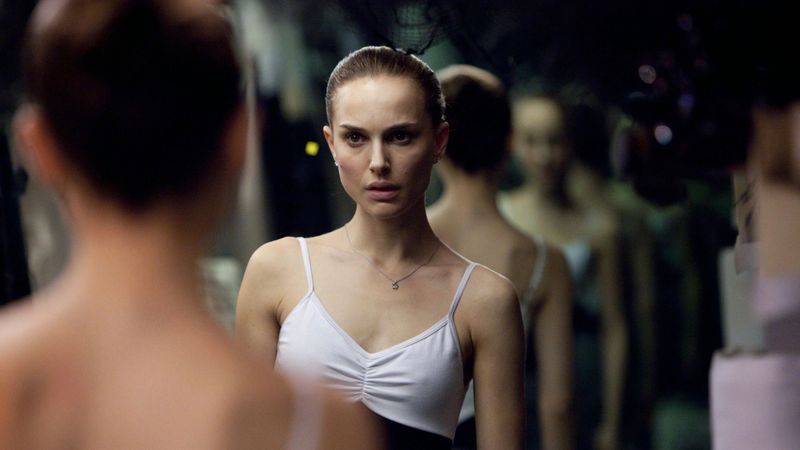
Movies have a unique power to help us understand mental health challenges through storytelling. When filmmakers thoughtfully portray psychological struggles, they create understanding and reduce stigma around these common human experiences. These acclaimed films don’t just entertain – they open our eyes to what it’s like living with various mental health conditions while reminding us of our shared humanity.
1. A Beautiful Mind (2001)
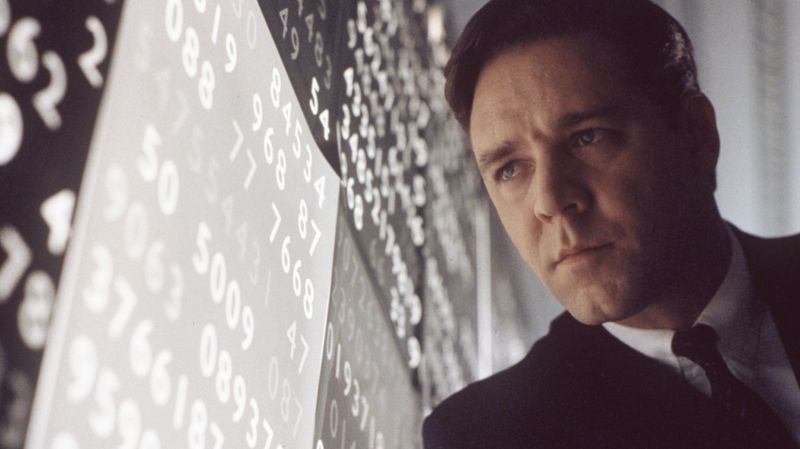
Russell Crowe delivers a stunning performance as mathematical genius John Nash in this biographical drama. Based on true events, the film follows Nash’s brilliant career at Princeton and his groundbreaking work in game theory, all while he battles with increasingly severe schizophrenia.
The movie masterfully pulls viewers into Nash’s reality, making us experience his delusions alongside him. We witness hallucinations that feel completely real – both to Nash and to us watching.
What makes this film special is how it portrays not just mental illness, but also recovery and adaptation. Nash eventually learns to recognize his hallucinations without medication, supported by his devoted wife Alicia. The film earned four Academy Awards including Best Picture.
2. Silver Linings Playbook (2012)
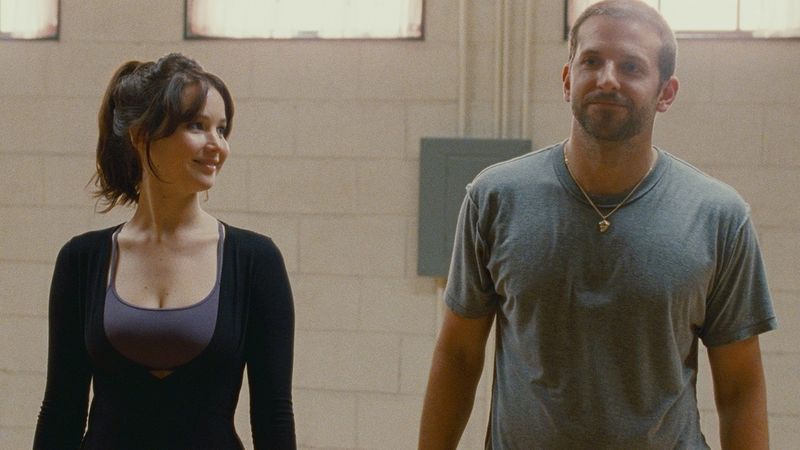
Pat Solitano returns to his parents’ home after spending time in a mental health facility following a violent outburst when he discovered his wife’s affair. Diagnosed with bipolar disorder, Pat remains determined to win back his wife despite a restraining order and obvious signs their relationship is over.
Everything changes when he meets Tiffany, a young widow struggling with her own emotional problems. Their unlikely friendship forms around a dance competition that becomes therapeutic for both.
Director David O. Russell crafted something rare here – a romantic comedy that treats mental health with respect while still finding humor in life’s challenges. The film shows how healing happens not by ignoring our problems but by accepting them and finding connections with others who understand.
3. One Flew Over the Cuckoo’s Nest (1975)
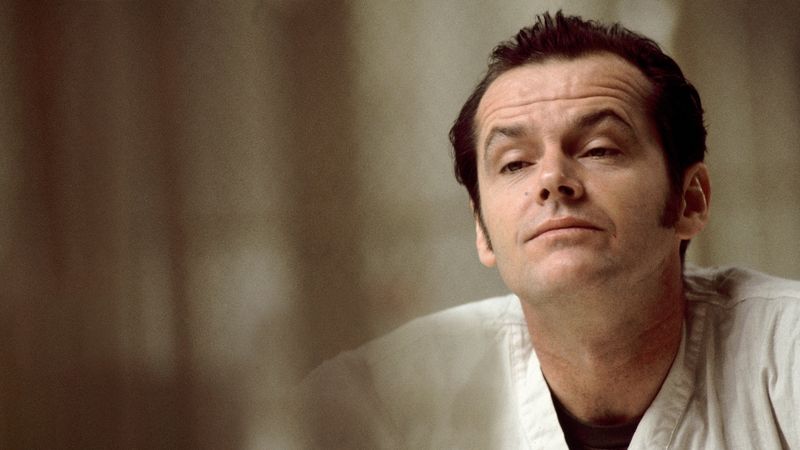
Randle McMurphy fakes mental illness to serve his prison sentence in what he thinks will be the easier environment of a psychiatric hospital. His rebellious spirit immediately clashes with the controlling Nurse Ratched, whose cold efficiency maintains order through medication and intimidation.
McMurphy’s presence awakens something in the other patients – a desire for dignity and autonomy. The film presents a powerful critique of institutional power and the dehumanizing treatment often found in mental health facilities of that era.
Jack Nicholson’s iconic performance captures both McMurphy’s mischievous charm and his growing horror as he realizes the patients can be held indefinitely. The film swept all five major Academy Awards and remains a landmark examination of how society treats those with mental illness.
4. Good Will Hunting (1997)
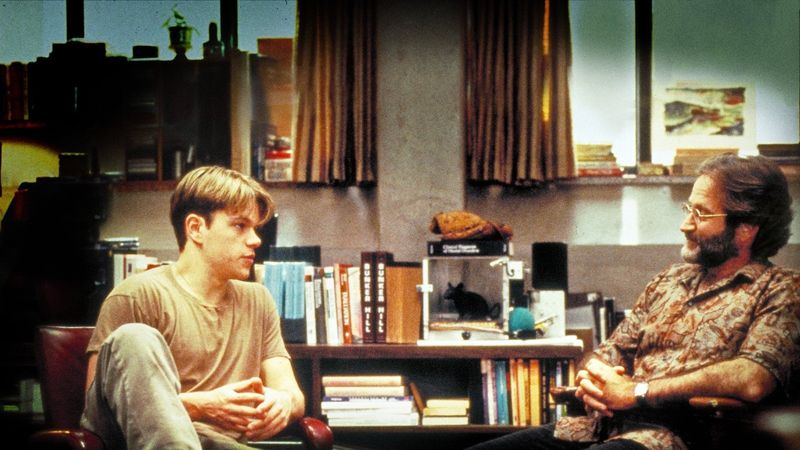
Mathematical genius Will Hunting works as a janitor at MIT while hiding his extraordinary abilities. Behind his tough exterior lies deep trauma from childhood abuse that manifests as self-sabotage and pushing away anyone who gets close.
When a professor discovers Will’s talent after finding solved proofs on hallway chalkboards, he connects Will with therapist Sean Maguire (Robin Williams) as part of a deal to keep him out of jail. Their sessions become the heart of the film as Sean gently helps Will confront his past.
What makes this movie special is how it portrays therapy – not as instant transformation but as a slow building of trust. The famous “It’s not your fault” scene shows the breakthrough moment when emotional walls finally crack, allowing healing to begin.
5. Black Swan (2010)
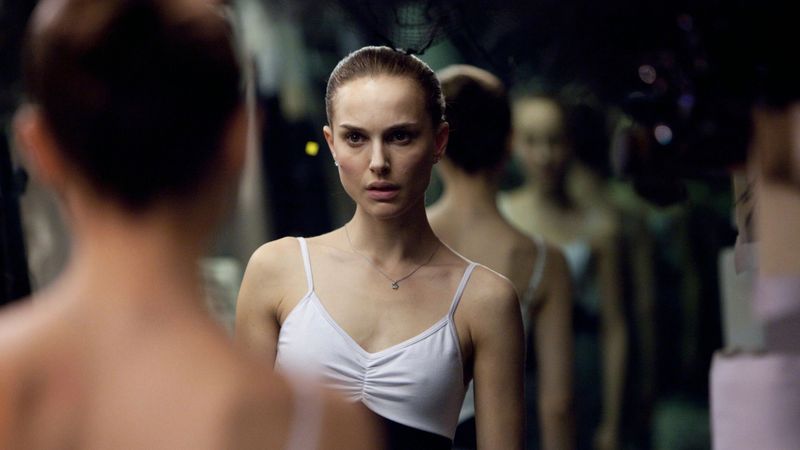
When given the dual role of the White Swan and Black Swan in “Swan Lake,” Nina’s pursuit of perfection spirals into psychological horror.
Director Darren Aronofsky blurs the line between reality and hallucination as Nina’s mental state deteriorates. Strange physical symptoms appear – rashes, bleeding, and seemingly impossible bodily transformations that mirror her psychological breakdown.
The film brilliantly explores how perfectionism can become destructive, especially in high-pressure artistic fields. Natalie Portman’s Oscar-winning performance captures both Nina’s fragility and the darkness emerging within her. The movie asks uncomfortable questions about the price of artistic achievement and how easily obsession can slide into psychosis.
6. The Perks of Being a Wallflower (2012)
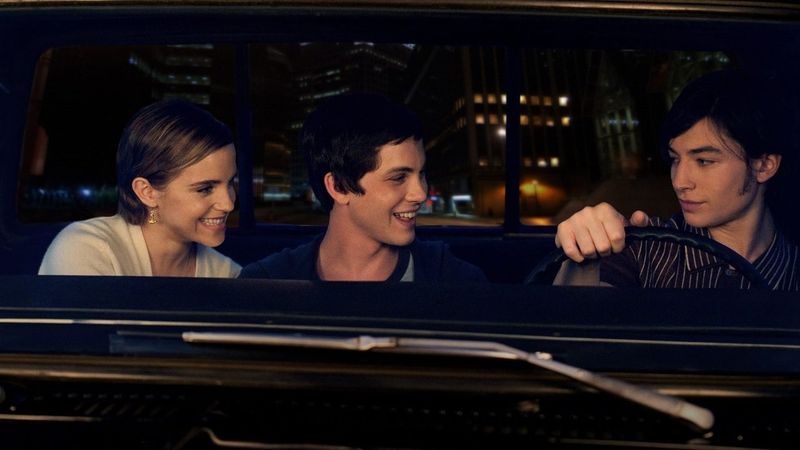
Freshman Charlie enters high school carrying invisible wounds – the recent suicide of his best friend and childhood trauma he’s repressed. Through letters to an anonymous friend, we experience his journey from isolation to finding connection with seniors Patrick and Sam, who welcome him into their misfit friend group.
The film gently explores teenage depression, PTSD, and the lasting impact of childhood sexual abuse. Charlie’s flashbacks and emotional breakdowns are portrayed with rare honesty for a coming-of-age story.
Author Stephen Chbosky directed this adaptation of his own novel, creating a story that resonates deeply with anyone who’s ever felt like an outsider. The film shows how friendship provides healing while acknowledging that some wounds require professional help. Its hopeful message – “we are infinite” – reminds viewers that even in dark moments, possibility remains.
7. Girl, Interrupted (1999)
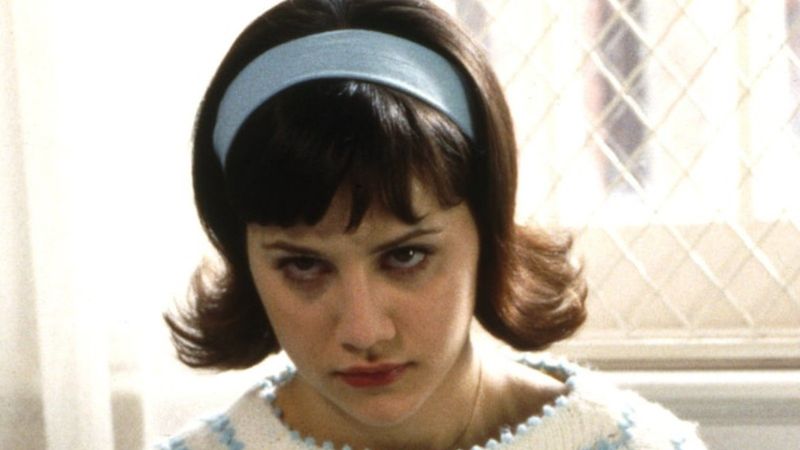
Susanna Kaysen finds herself committed to Claymoore psychiatric hospital in the late 1960s. Initially resistant to the idea she needs help, Susanna receives a diagnosis of borderline personality disorder – a condition she barely understands.
Inside Claymoore, she meets a group of young women with various mental health struggles, including the charismatic sociopath Lisa (Angelina Jolie). Their complicated friendship forms the emotional core of the film as Susanna must decide whether to embrace recovery or Lisa’s destructive worldview.
Based on Kaysen’s memoir, the film examines the thin line between sanity and madness while questioning who decides what’s “normal.” It portrays mental illness with nuance rather than stereotypes, showing how institutional treatment of that era often confined women who simply didn’t conform to societal expectations.
8. Joker (2019)
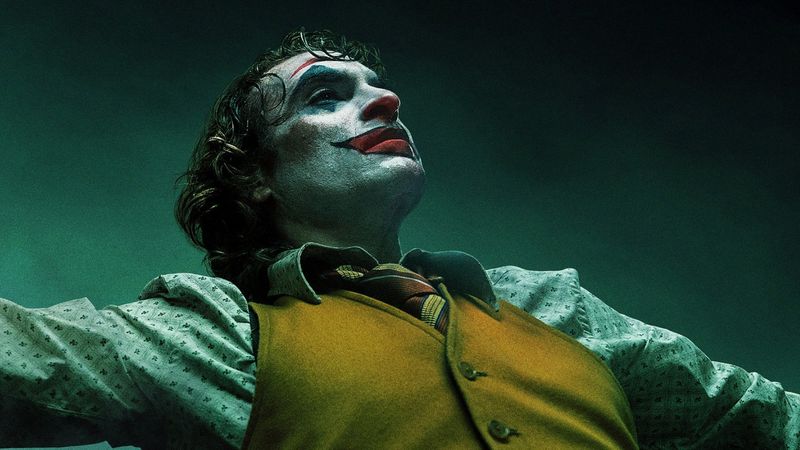
Living with a neurological condition that causes uncontrollable laughter, Arthur receives minimal support from underfunded social services that eventually eliminate his therapy and medication access completely.
Joaquin Phoenix’s haunting performance shows a man desperately seeking connection in a world that repeatedly humiliates and abandons him. When violence erupts, it comes as both shocking and tragically inevitable.
Unlike typical comic book films, “Joker” presents mental illness within social context – showing how poverty, childhood trauma, and societal neglect create perfect conditions for psychological breakdown. The film sparked important conversations about mental health funding and the relationship between untreated mental illness and violence.
9. Requiem for a Dream (2000)
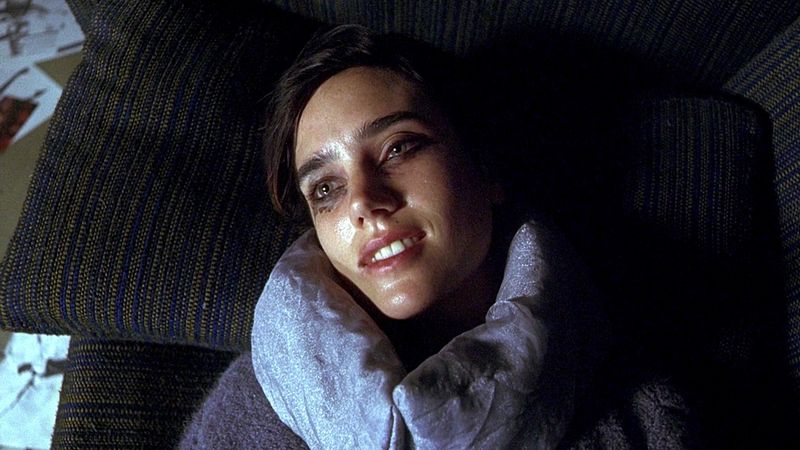
Four people chase different versions of the American Dream, only to have their hopes twisted and destroyed by addiction. Sara Goldfarb, an elderly widow, becomes addicted to diet pills while trying to lose weight for a TV appearance. Meanwhile, her son Harry, his girlfriend Marion, and friend Tyrone spiral deeper into heroin addiction.
Director Darren Aronofsky creates a visceral experience of addiction’s psychological impact through frantic editing, extreme close-ups, and distorted sound. The film doesn’t just show drug use but makes viewers feel the desperation and deteriorating mental state of each character.
What makes this film particularly powerful is how it treats addiction as a mental health issue rather than a moral failing. The characters aren’t villains but people seeking escape from emptiness, only to find themselves trapped in a nightmare they can’t escape.
10. Melancholia (2011)
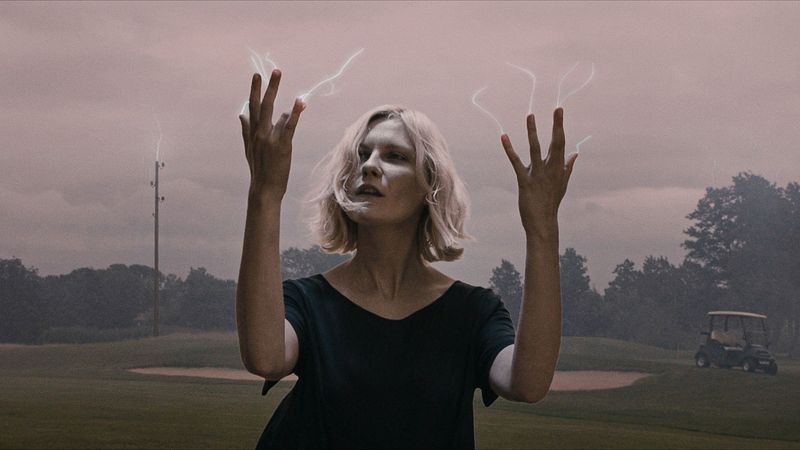
Justine’s wedding day should be joyful, but she struggles with smiling through the reception while battling severe depression. As her behavior becomes increasingly erratic, her perfect wedding falls apart. Meanwhile, a rogue planet named Melancholia heads toward Earth, threatening all life.
Director Lars von Trier creates a stunning visual metaphor for depression – the approaching planet representing the overwhelming, inescapable nature of mental illness. The film divides into two parts, focusing first on Justine’s breakdown and then on her sister Claire’s growing panic about the impending collision.
Kirsten Dunst delivers a raw performance that captures depression’s paradoxical nature. When disaster becomes certain, Justine finds strange calm while others panic. The film suggests those familiar with internal apocalypse might be better equipped to face external ones – a haunting perspective on living with mental illness.
11. Shine (1996)
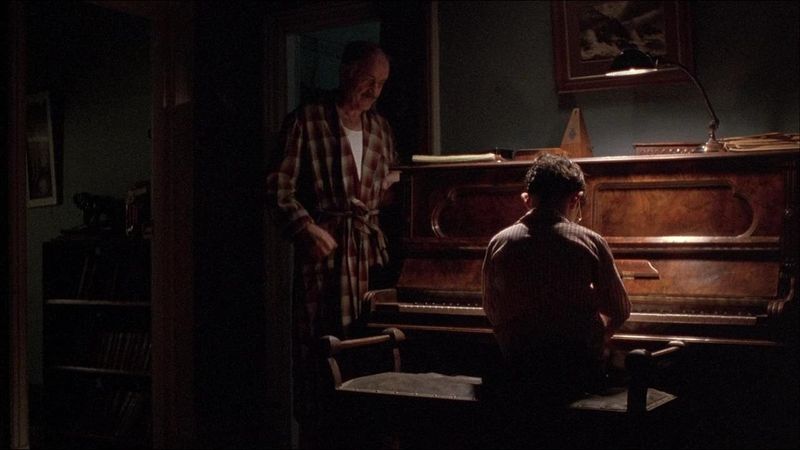
After winning a scholarship to study abroad, David suffers a mental breakdown while performing Rachmaninoff’s notoriously difficult Piano Concerto No. 3.
The film follows David’s journey through schizoaffective disorder, showing his years in psychiatric institutions and eventual return to music. Geoffrey Rush’s Oscar-winning performance captures both David’s brilliant mind and his fragmented speech patterns after his breakdown.
Based on the real Australian pianist’s life, “Shine” demonstrates how mental illness doesn’t erase talent or humanity. When David eventually returns to performing, his playing style remains uniquely his own – shaped by his condition rather than diminished by it. The film celebrates resilience while honestly portraying the challenges of living with serious mental illness.
12. Ordinary People (1980)
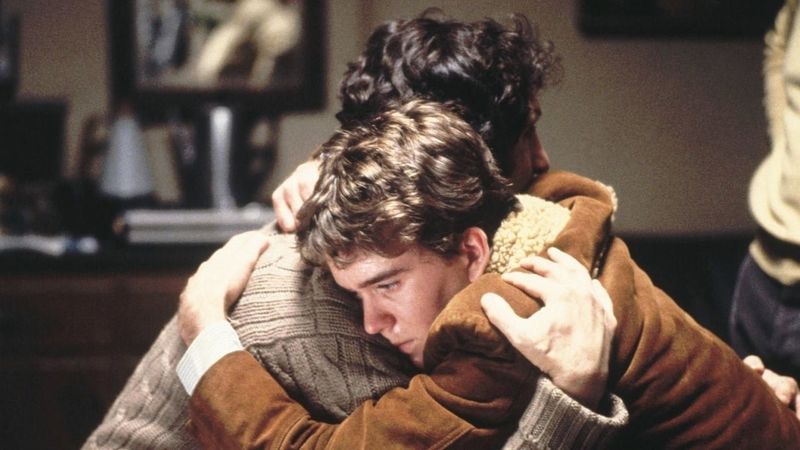
The Jarrett family appears perfect from outside – wealthy, successful, and living in suburban comfort. Inside, they’re fracturing after their eldest son’s accidental drowning and younger son Conrad’s subsequent suicide attempt. Now home from the hospital, Conrad starts therapy with Dr. Berger, who helps him process both survivor’s guilt and his complicated relationship with his mother.
Director Robert Redford’s debut film takes viewers inside family therapy sessions with rare authenticity. Timothy Hutton’s performance as Conrad shows the physical manifestations of PTSD – insomnia, anxiety, and emotional numbness.
The film’s greatest strength lies in showing how mental health issues affect entire families. Conrad’s mother maintains rigid control to avoid facing her grief, while his father tries desperately to reconnect with his remaining son. Their different grieving styles create unbearable tension that therapy slowly helps resolve.

Comments
Loading…